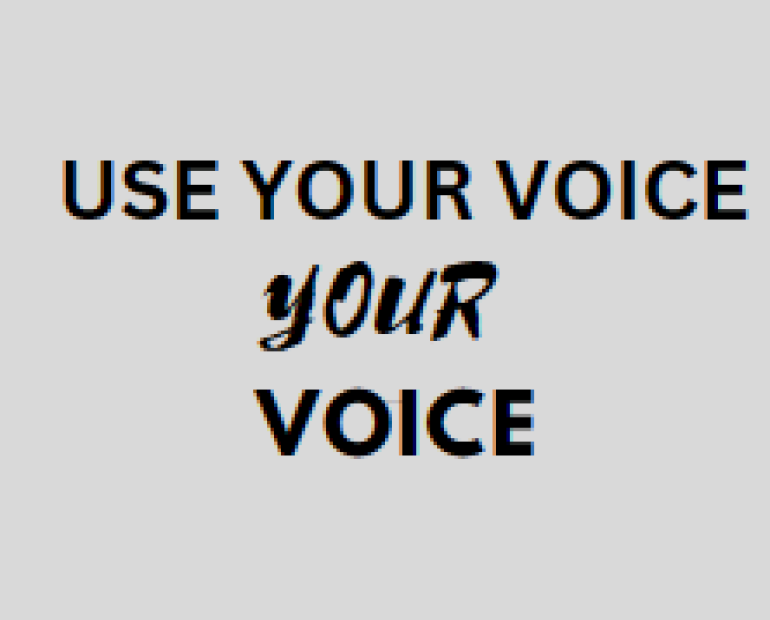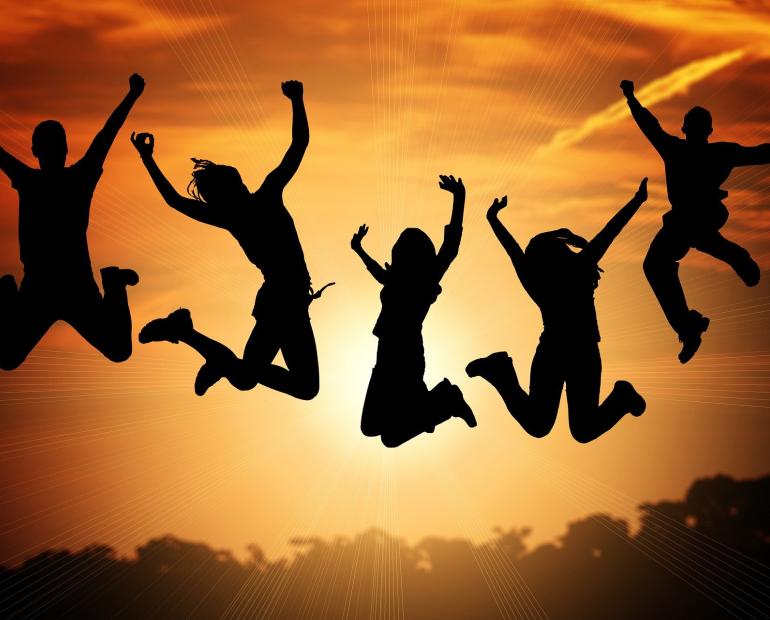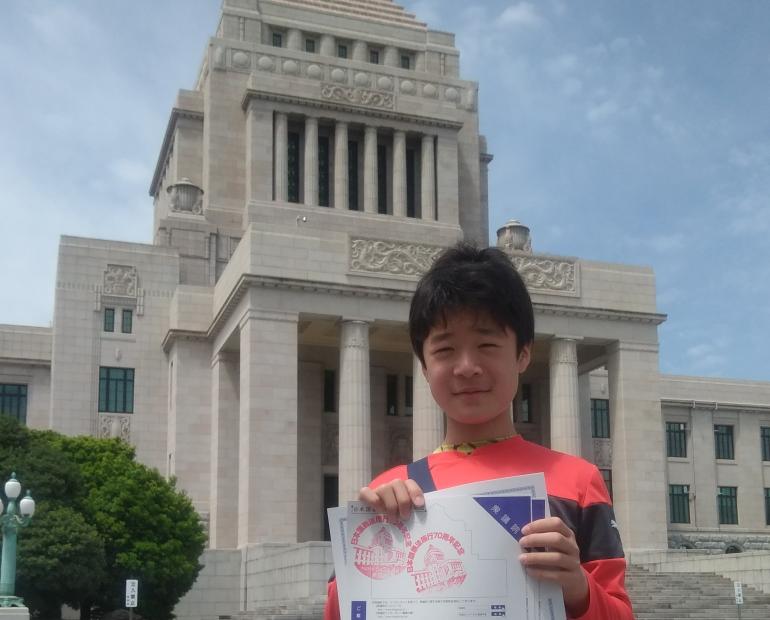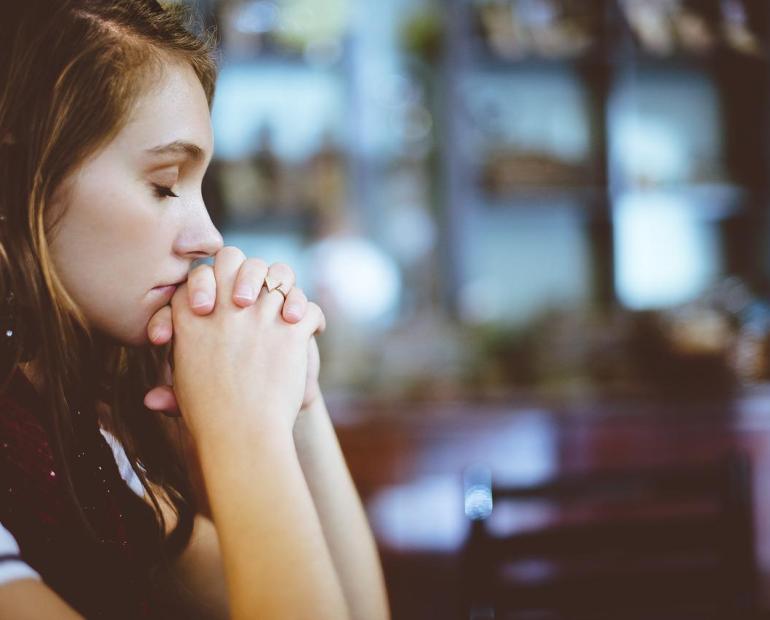
Ask me if I vote and I’ll tell you no. I’m told it’s important and necessary, yet I come from a city with strong views that appeal to mine anyways. Besides when I turned 18, I figured my vote wouldn’t even matter since the majority of the city/state see the world the way I see it. I’m a young person, I work, I pay bills, I go to school; I’m responsible. Yet aside from that, voting has always seemed pointless because there were many things that occurred in the time that I couldn’t vote (like Trump becoming president) that I did not approve of.
Even now I do not feel like voting is the only or main way to be heard because there are still institutions of power (like the Electoral college) deciding my fate and future with certain laws and policies that make voting a challenge, no matter who or what I vote for. We’re told, as in young people of color like me, that our voice matters. Yet we’re not even taught how or why it does. Most youth could spend their lives avoiding the topic of voting because it is not prioritized enough. And maybe that’s simply because we’re provided with the illusion that we matter, but when real life is deliberately beating your ass, who is really thinking about a country that disregards a reality they created for us. To call ourselves a democracy does not accurately depict the truth of how things work.
There are policies put into place, specifically in New York that could really disencourage anyone who feels like they don’t have the time to vote. I speak for the portion of New Yorkers who are in survival mode, middle or lower class people who have to worry about how they are going to feed themselves or their family, or how they are going to get to work on time. An article provided by the New York Times explained the tedious policies. “‘The turnout is exceptionally low because — I hate to use the word — our stupid policy,’ Mr. Muzzio said. New York is one of the few states that doesn’t allow early voting (37 others do). The state also doesn’t have same-day registration. The absentee voting system here is outdated and it doesn’t accept online requests… Many New Yorkers choose not to vote in the primaries because they assume a Democrat will ultimately win the general election.” (Wolfe) Mr Muzzio, a professor of political science at Baruch college highlighted that the voting system does not meet modern day standard and even called the polIcies “stupid” which says a lot. If you ask the average city New Yorker on their way to work in the morning after dropping off their kids at school, or maybe the young freshman/part time worker if voting is the main thing on their mind, they could or would most likely say no. As Johnathan Wolfe explains:
“By the end of last year, New York City's voter rolls swelled to more than 4.6 million people, a record high —just like the city’s population. That total includes more than 134,000 newly registered voters across all city neighborhoods. The problem is getting those people to the polls. According to a new report from the city's Campaign Finance Board, only 18 percent of these new voters turned out in last year's mayoral election, compared to 25 percent among all active registered voters. Turnout was especially low among the youngest new voters. The report shows newly registered voters in the 18-29 age group turned out at a rate of just over 13 percent,” (Wolfe)
Wolfe’s point is that young voters like myself don’t show up, and it is one example of the kind of New Yorker who most likely is extremely occupied with other pressing issues, such as housing and food insecurity.
And after conducting an interview with a 21 year old woman by the name of Michelle, she stated her challenges as to why she hadn’t voted in recent elections and why she thought that voting in NYC does not carry a sense of urgency. Michelle stated, “I haven’t had a chance to vote yet, because I was struggling with which state I would stay in when I was leaving for education. So I had to be under Maryland for a while, then I came back to New York a year ago. I’m currently not registered to vote here so I’m working on that.”
I then asked Michelle if she believed there should be fewer restrictions and policies on voting registrations. She claimed, “I think it would be easier for people to vote for those who move because it’s so hard to change your state. But at the same time, especially for states that are one side or the other your opinion may not weigh as much.” To expand her point, she was referring to states like New York where it is “safe” to say we are all pretty liberal and democratic.
She continued, “I think a lot of people in New York are fairly liberal but at the same time it tends to be concentrated around the city since the population here is so high compared to the rest of the state. Whereas other states like Maryland, it could go either way and your vote could hold more of an impact.” Michelle really highlighted ideologies that I think many New Yorkers carry, that most people here think the same, yet that is actually not true. She also helped me with a higher grade for this paper. Aside from not having time or dealing with odd restrictions or just being extremely busy, I think there is a lack of importance when it comes to voting for minorities because in other parts of the country, there were and are laws put into place that strongly interfere with our ability to vote.
“... for African Americans. Because of widespread discrimination in some states, including the use of poll taxes, grandfather clauses, and literacy tests, African Americans were not assured full voting rights until President Lyndon Baines Johnson signed the Voting Rights Act in 1965.” (whitehouse.gov)
People of color have always been targeted and are easy targets because of the many disadvantages we face due to our history of dehumanization and oppression.
“You have a situation in Florida where 1.6 million ex-felons can't vote… What that means is that one in 10 people in Florida — including one in five African-Americans in the state — can't vote because they have a felony conviction. So 10 percent of people in the most important swing state in the country, that is routinely decided presidential elections, aren't able to participate and aren't able to vote in 2018.” (Gross)
And the problem with that, is we live in a country where for every high school dropout, a prison cell is created. So on the one hand we people of color are already targeted at disproportionate levels, we are often expected to enter the prison system, and even in the rare occasion we are not unjustly sentenced, even when they are “free,” we have to deal with restricting policies that make it even harder to be actual members of society.
Now let me explain what I meant when I said Even now I do not feel like voting is the only or main way to be heard because there are still people higher up deciding my fate and future, no matter who or what I vote for. Trump won the election in 2016, although the popular vote was not in favor of him. I was pissed or as some of my fellow New Yorkers would say, deadass tight. I was a junior in high school completely unaware of how voting actually worked. But when I learned about the Electoral College, my first thought was: voting is fake AF.
“The Electoral College is made up of 538 electors from all of the states. New Hampshire has four of those electors. In most states, the candidate who wins the popular vote in a state wins the electors. The candidate who wins the most electors nationally wins the presidency… In the 2000 presidential election, Democrat Al Gore received 50,999,897 votes; Republican George Bush received 50,456,002. In the Electoral College count, however, Bush tallied 271 electors to Gore's 266. Bush became the president. A similar situation arose sixteen years later, when Democrat Hilary Clinton received 65,853,514 votes to Republican Donald Trump's 62,984,828, but Trump carried the electoral college by 304 to Clinton's 227.” (citizenscount.org)
Basically a candidate could win the popular vote but not enough electoral votes which is what actually clinches their victory, which has happened at least twice in history. I also asked Michelle her opinion on the electoral college and if she felt it was necessary to have in today’s time. “I think it’s sort of outdated for modern days because it was made during an era where it mattered due to the population of the thirteen colonies. But now what happens, it ends up giving states with less population the same power as a state with a higher population. And it feels somewhat unfair because overall those states do tend to lean a certain way.”
Michelle pointed out how smaller states carry the same weight at times as larger states do. But in reality it is only because the electoral college votes ultimately are supposed to depend on the population, yet in certain cases like Trump’s victory, they do not regard what the majority of the population wants. Either way neither of them would have gotten my vote, I was for Sanders at the time.
In the 2020 election, voting prospects remain as uncertain as ever-even more than they were in 2016. With COVID 13, do you think voting has or will be any easier? Let me tell you the facts, as Governor Cuomo would say. Because it has been no secret, and openly admitted by the governor himself of New York State, that minority groups are clearly more impacted and are the main victims of many natural disasters… Although voting shouldn’t be one of them.
We have been hit by one of the worst pandemics in world history, and what do the statistics show? People of color are most affected by the virus: omg what a surprise. From the research that has been presented, it’s easy to conclude that people of color are located in neighborhoods that are exposed to certain toxins, and are more likely to develop underlying illnesses that increase their vulnerability to the virus. According to cdc.gov,
“Members of racial and ethnic minorities may be more likely to live in densely populated areas because of institutional racism in the form of residential housing segregation. People living in densely populated areas may find it more difficult to practice prevention measures such as social distancing… racial residential segregation is linked with a variety of adverse health outcomes and underlying health conditions. 2-5 These underlying conditions can also increase the likelihood of severe illness from COVID-19… racial and ethnic minorities live in neighborhoods that are further from grocery stores and medical facilities, making it more difficult to receive care if sick and stock up on supplies that would allow them to stay home… Racial and ethnic minority groups are overrepresented in jails, prisons, and detention centers, which have specific risks due to congregate living, shared food service, and more.” (CDC)
Wow what does this all mean? Unfortunately it means a huge decrease in votes from us, especially because many of us are no longer alive to even cast our votes due to how harshly the virus has impacted our communities and due to the lack of resources.
All these variables have led me to question the actual importance of voting. It seems as though, there are times where our votes really don’t matter to the broader system, or so many obstacles are put in our way that it no longer matters to us. It seems that no matter who is in charge, whether it’s someone extremely great and “for the people” or extremely arrogant and loves Twitter rants, our unequal conditions remain and the struggle continues.
Voting is one way to be heard, just not the most powerful way. When I figure out the most powerful way, I’ll write a seperate op-ed about that.






